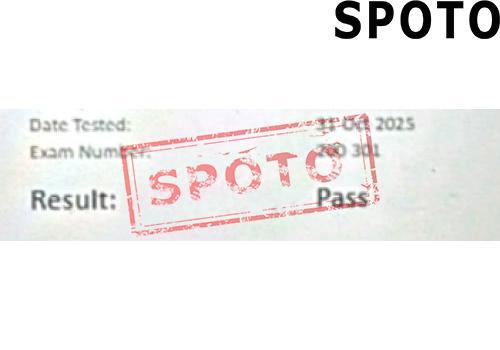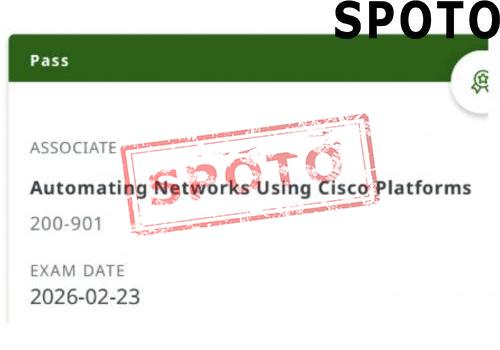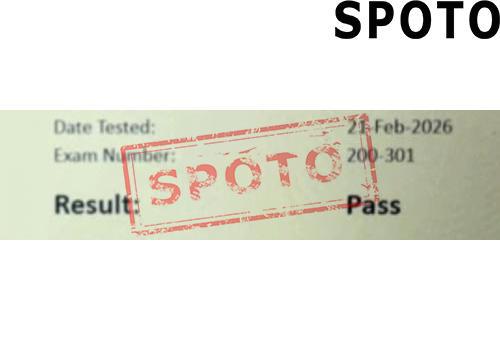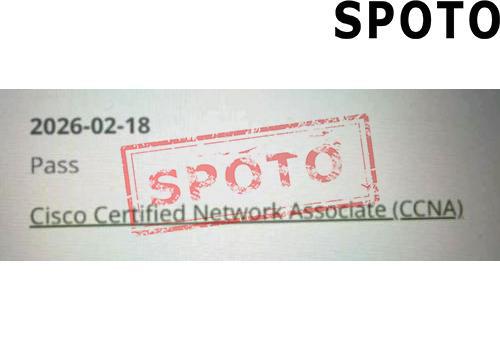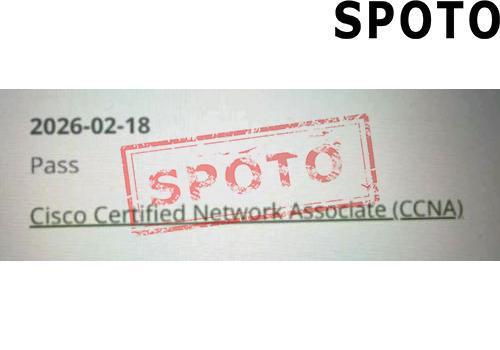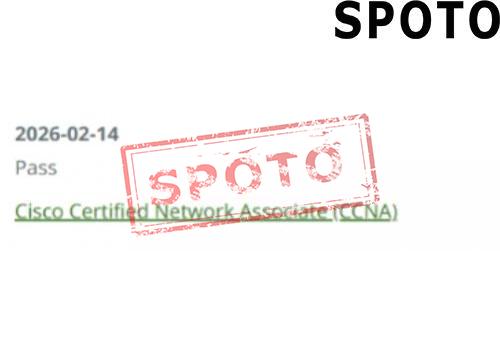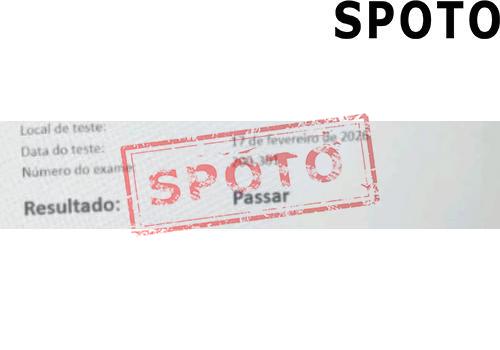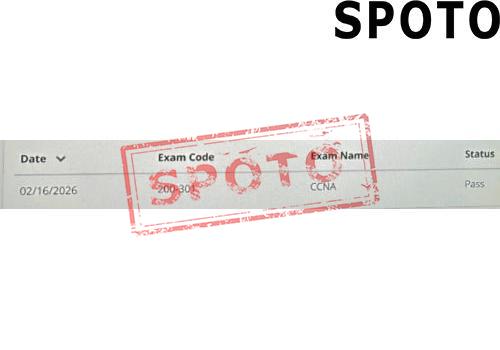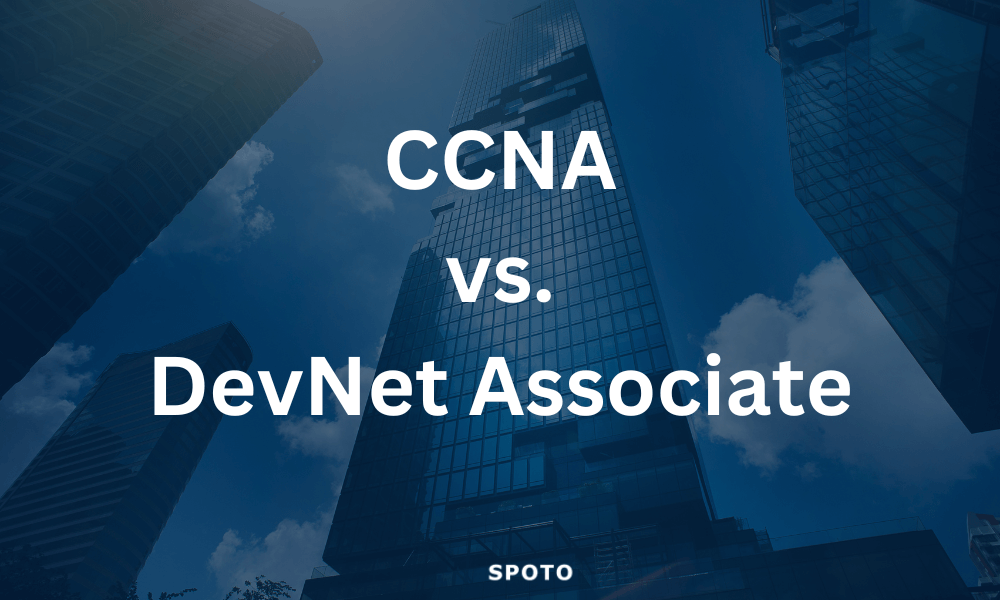
Table of Contents
In the modern digital landscape, technical certifications have become a crucial measure of professional expertise. Cisco's CCNA (Cisco Certified Network Associate) and DevNet certifications are considered among the most prestigious in the field of networking technology.
The CCNA certification serves as the traditional entry point for a career in networking, covering the fundamentals and key skills of the field. On the other hand, DevNet certifications represent a new trend in network automation and programming.
For those new to the industry, deciding which certification to pursue as the first step in their career can be a challenging decision. In this article, we'll explore the significance of CCNA and DevNet certifications, and analyze which one might be the better fit for beginners.
I. CCNA Certification Overview
The CCNA (Cisco Certified Network Associate) certification is a globally recognized entry-level networking certification offered by Cisco Systems. It is designed to equip network professionals with the knowledge and skills needed to design, deploy, manage, and maintain small to medium-sized enterprise networks. The CCNA certification has become a landmark qualification in the field of networking technology due to its comprehensive and practical nature.
CCNA Success Starts Here: Get SPOTO's 200-301 Exam Dumps and Ace the CCNA Certification!
1.1 CCNA Study Areas
The primary objective of the CCNA certification is to provide a solid foundation in networking fundamentals for professionals. It covers the following major learning areas:
- Networking Fundamentals: Including the OSI model, data encapsulation, Ethernet technology, and TCP/IP protocols.
- Routing Technology: Covering static and dynamic routing protocols such as RIP, OSPF, and EIGRP.
- Switching Technology: Exploring switch operating principles, VLAN configuration, and STP protocols.
- Wireless Local Area Networks: Covering WLAN standards, security measures, and more.
- Network Security Fundamentals: Covering basic security concepts and access control lists (ACLs).
1.2 CCNA Certification Exam Topics
The CCNA certification exam (200-301) is a comprehensive assessment that covers a range of topics to ensure candidates have an in-depth understanding of networking technology. The exam typically includes, but is not limited to, the following areas:
- Network Models and Protocols: In-depth understanding of the OSI model, the TCP/IP model, and related network protocols.
- Routing and Switching: Learning how routers and switches work and how to configure them to support network communications.
- Infrastructure Services: Implementing and optimizing network services such as DHCP, DNS, and NAT.
- Infrastructure Security: Understanding the basic principles of network security, including firewall, VPN, and ACL configuration.
- Infrastructure Management: Mastering the skills of managing and monitoring network devices.
- Comprehensive Application: Applying the knowledge gained to real-world scenarios, such as configuring an enterprise network and solving network problems.
Ace Your Exam with SPOTO's Free Practice Tests!
II. DevNet Associate Certification Overview
The DevNet Associate certification is a professional certification from Cisco Systems that focuses on network automation, programming, and software development. As the entry-level certification in the DevNet system, it is designed to prepare IT professionals to use application programming interfaces (APIs), software development tools, and automation technologies in modern network environments.
DevNet Associate Success Starts Here: Get SPOTO's 200-901 Exam Dumps and Ace the DevNet Associate Certification!
2.1 DevNet Associate Study Areas
The primary purpose of the DevNet Associate certification is to equip IT professionals with the skills and knowledge needed to bridge the gap between network engineering and software development. It covers the following major learning areas:
- Network Automation: Learning how to use automation tools and scripts to streamline network tasks.
- Programming Fundamentals: Acquiring basic knowledge of at least one programming language (usually Python) to interact with network devices.
- API Interaction: Learning how to communicate with network devices using RESTful APIs and other network APIs.
- Software Development Life Cycle: Understanding the basic principles and processes of software development.
- Network Simulation and Sandbox Experiments: Performing network simulations and experiments using Cisco-provided tools.
2.2 DevNet Associate Exam Topics
The DevNet Associate certification exam (200-901 DEVASC) is a comprehensive assessment that evaluates a candidate's knowledge and skills in network automation and programming. The exam typically includes, but is not limited to, the following topics:
- Network Programmability: Understanding how network devices are controlled and monitored through programming interfaces.
- Using APIs: Mastering the discovery, calling, and use of network APIs to automate network tasks.
- Scripting: Demonstrating the ability to write simple scripts to automate common network configuration and management tasks.
- Version Control: Understanding how to use a version control system, such as Git, to manage code.
- Containerization and Virtualization: Comprehending the use of containerization technologies, like Docker, in network automation.
- DevOps Culture and Tools: Familiarizing with Continuous Integration/Continuous Deployment (CI/CD) processes and related tools.
Ace Your Exam with SPOTO's Free Practice Tests!
III. Differences Between CCNA & DevNet Associate Certifications
The CCNA (Cisco Certified Network Associate) and the DevNet Associate certifications each have their own distinct features, benefits, and target areas of specialization and skill requirements. Here's a comparative overview of the two:
CCNA Certification:
- Focuses on networking fundamentals and the operation of Cisco devices.
- Ideal for professionals looking to develop a solid foundation in networking.
- Covers the basics of routing and switching, network security, wireless LANs, and more.
- Considered an entry-level certification in the networking industry with high industry recognition.
DevNet Associate Certification:
- Focuses on network automation, programming, and software development.
- Ideal for professionals interested in network programming, API usage, and process automation.
- Emphasizes network management and innovation using modern tools and techniques.
- Relatively new, but growing in importance with the increasing focus on web technology.
In summary, the CCNA certification is geared towards traditional networking fundamentals and operations, while the DevNet Associate certification is oriented towards network automation, programming, and software development. The choice between the two depends on the individual's career aspirations and the specific skills they wish to develop - whether it's a focus on core networking or a blend of networking and programming/automation.
IV. CCNA or DevNet Associate: Which Certification is Better?
Both the CCNA and DevNet certifications have their own unique advantages and cater to different career scenarios.
4.1 CCNA Certification
The CCNA certification is an ideal starting point for those wishing to pursue a career in traditional network engineering. The CCNA provides a comprehensive education in the fundamentals of networking, including routing and switching, network security, wireless LANs, and network services. It emphasizes the hands-on operation and configuration of network equipment, ensuring that certification holders can design, deploy, and maintain network infrastructures.
The main advantage of the CCNA certification is its wide industry recognition and in-depth understanding of basic networking concepts. The CCNA is an invaluable credential for professionals seeking roles as network administrators, network engineers, or within the field of network infrastructure.
4.2 DevNet Certification
The DevNet certification represents an emerging trend in networking technology - network automation and software development. The DevNet certification focuses on teaching professionals how to use APIs, programming languages, and automation tools to improve the efficiency and effectiveness of network operations. It is suitable for those interested in network programming, automation, and DevOps practices.
The strength of the DevNet certification lies in its close alignment with current technology trends. As organizations increasingly rely on automation and software-defined networking (SDN), DevNet certification holders will have a competitive advantage in automating network functions, integrating cloud services, and implementing continuous integration/continuous deployment (CI/CD).
4.3 How to Choose?
When deciding between the CCNA and DevNet certifications, the primary consideration should be your career goals. If your goal is to become an expert in network infrastructure, the CCNA certification will provide you with a solid foundation. If your aim is to progress in network automation and software development, or to pursue a career in DevOps, the DevNet certification will be more aligned with your needs.
Personal interest is also an important factor. If you are passionate about programming and automation, the DevNet certification will provide you with a platform to explore these areas. Conversely, if you prefer to focus on the practical application of network hardware and infrastructure, the CCNA certification may be a better fit.
Conclusion
After an in-depth examination of the CCNA and DevNet Associate certifications, we can clearly see the distinct focuses and advantages of each in the field of networking technology.
The CCNA certification is underpinned by its deep knowledge of network infrastructure and traditional network engineering. It provides a comprehensive education in the fundamentals of networking, including routing, switching, security, and network services. This certification is an invaluable credential for professionals seeking roles as network administrators, network engineers, or within the field of network infrastructure.
On the other hand, the DevNet Associate certification features a modern approach to network automation, programming, and software development. It focuses on teaching professionals how to use APIs, programming languages, and automation tools to improve the efficiency and effectiveness of network operations. This certification is well-suited for those interested in network programming, automation, and DevOps practices, as it aligns with the industry's increasing reliance on automation and software-defined networking (SDN).
The choice between the CCNA and DevNet Associate certifications should be based on an individual's career goals, interests, and industry needs. If your focus is on traditional network administration and maintenance, the CCNA certification may be the more appropriate option. Conversely, if your job involves programming, automation, and software development, the DevNet Associate certification will provide you with the necessary skills and knowledge.
Regardless of the certification you choose, continuous learning and adapting to technological changes are key. Networking technology is an ever-evolving field, and having the right certifications can open up new career opportunities for you and help you stay competitive in the constantly changing technological landscape.
